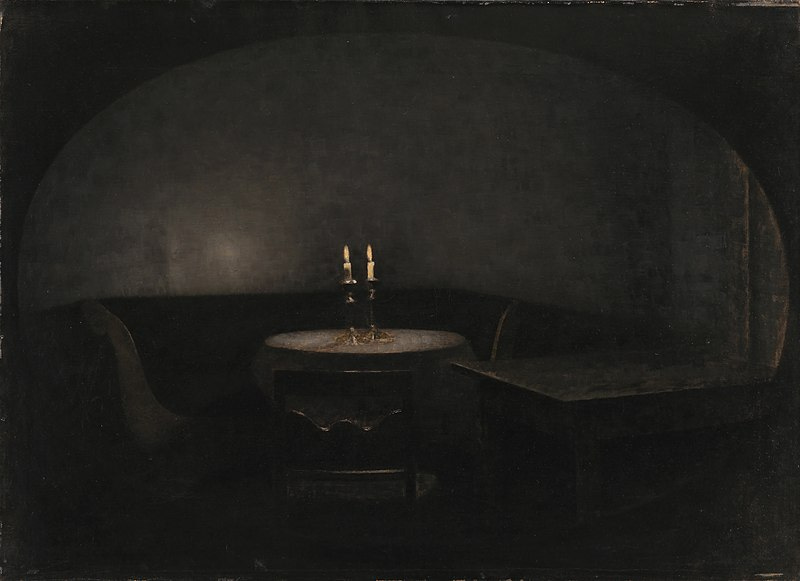Warehouse Superstore
Don't get me started on windmills
I’ve returned to one of the several mid-sized cities I once lived in, returned to its neoclassical downtown central library. The exterior remains the same; I see illustrious names chiseled into the stone facade (Plato, Aristotle, Solomon, that whole gang); I see the main entranceway flanked by familiar stone lions. And along the sidewalk, all four sides of the building, I see the stone benches where other illustrious names—those of modernity—are also inscribed. The chill of late fall, severe for this climate, drives me indoors.
The difference is there. The floorplan has been radically expanded, simplified into a kind of warehouse superstore, with the library holdings (maps, books, DVDs) stacked haphazardly on enormous metal shelving units. Taxidermied animals are also held at the library now, heaped up in enormous metal bins, a whole menagerie: dogs, bears, owls, lions, parrots, pangolins, et cetera. They’re in bad shape, with fur and feathers sloughing off, glass eyes misaligned or fallen away entirely. Dust rises from their pelts, the fetor of slow decay. Despite still having a valid and current account, I leave the without checking anything out.
Later, at dinner in a richly furnished apartment, I bring up these changes to the library. The small crowd gathered approves of them. Patronage has been up, they say. The dinner guests seem of another era; the women wear heavy gold jewelry; they are pushed in at table by men in evening-wear. I’m dressed down in a flannel suit. There are cut flowers in ornate ceramic vessels, furniture of exotic hardwoods. The steak is well done, charred practically, the vegetables steamed and lightly seasoned. Alcohol flows freely, simple beer and wine, common brands despite the wealth on display. An intimation of adultery hangs heavy in the air. I receive a phone number, designated hours to call, details penciled hastily onto a scrap of paper and stuffed into my coat pocket.
After dinner, I’m accosted at the bathroom door by a gentleman. I can’t see his face, wreathed as it is by alcoholic fumes, but know somehow he’s quite old and quite healthy for his age. Sharp, energetic, that is how others would describe him. He clasps my hand firmly as we handshake. “That stuff there in the library,” he says, and then, after a pause “very valuable—valuable valuable goods.” Still, and without ever clearly seeing his face, without ever even seeing it at all, I know that this quite healthy man is winking at me, winking as if he knows exactly what I’m supposed to do with this information. I chuckle softly, in reply to his knowing gesture. He’s my host, after all; I need some way of repaying him for his hospitality.

